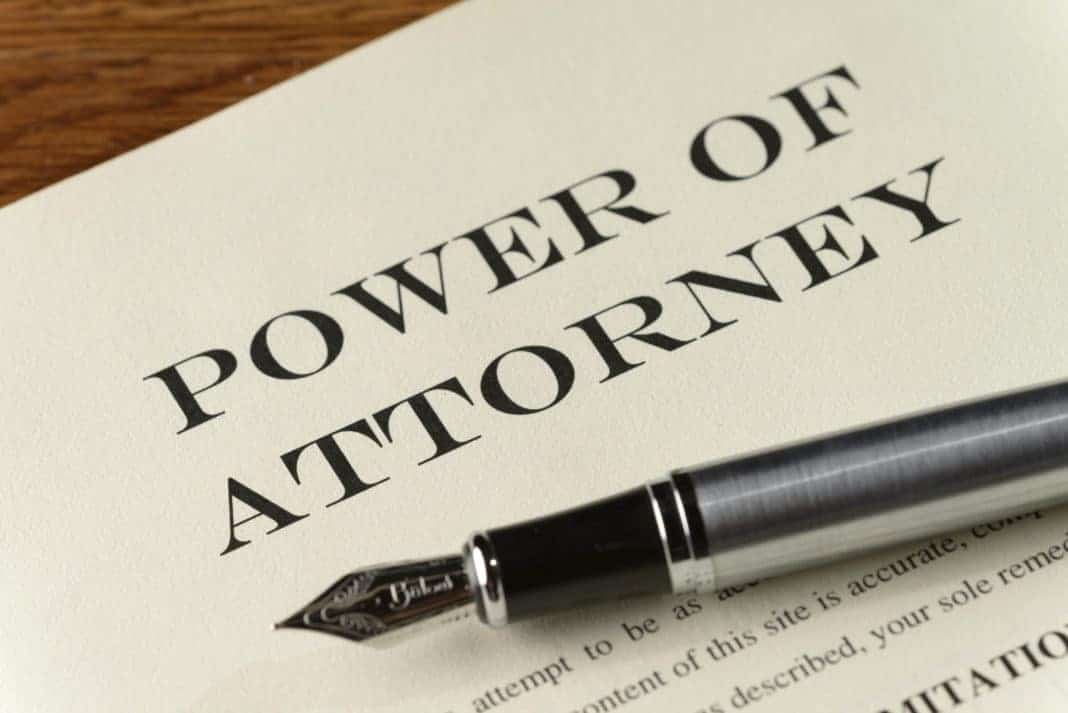
The Key to Acting Remotely: A Foreigner's Guide to Power of Attorney in Turkey
What is a Power of Attorney (Vekaletname)?
Common Scenarios Where a Foreigner Needs a POA
-
Real Estate Transactions: To authorize a lawyer to sign sales contracts, handle the title deed (TAPU) transfer, and subscribe to utilities. -
Inheritance Proceedings: To allow your Alanya Lawyer to obtain a certificate of inheritance and manage the transfer of inherited assets. -
Litigation: To represent you in any court case, be it divorce, debt collection, or a criminal matter. -
Company Formation: To handle all the bureaucratic steps of establishing a business in Turkey. -
Banking: To open bank accounts or carry out specific financial transactions.
Types of Power of Attorney: One Size Does Not Fit All
|
|
|
|
|
|
|
|
|
|
|
|
|
|
|
|
The Legal Process: How to Issue a Power of Attorney
-
Step 1: Visit any Notary Public (Noter) office in Turkey. -
Step 2: Bring your original passport and its sworn Turkish translation, your Turkish tax ID number, and at least two recent passport-sized photos. -
Step 3: You must be accompanied by an official sworn translator registered with that notary office. The notary will not proceed without one if you do not speak fluent Turkish. This is a legal requirement to ensure you fully understand the document you are signing. -
Step 4: The notary will draft the POA text. Ideally, the text should be pre-drafted by your Alanya Lawyer to ensure it contains precisely the powers you need and no more. The translator will read the document to you, and you will sign it in the notary's presence.
-
Option A (Easiest): The Turkish Consulate. You can visit the nearest Turkish Embassy or Consulate in your country. They function as a Turkish Notary abroad. You make an appointment, and they will prepare and certify the POA according to Turkish law. -
Option B (More Complex): The Apostille Process. If going to a consulate is not feasible, you can have a POA drafted at a local notary in your country of residence. For this document to be valid in Turkey, it must be certified with an Apostille certificate (pursuant to the Hague Convention of 1961). Once it arrives in Turkey, the apostilled document must then be translated into Turkish and notarized again by a Turkish Notary.
Conclusion: An Act of Trust and Precision
More content:
- A Comprehensive Guide to Acquiring Turkish Citizenship by Real Estate Investment in 2024
- A Foreigner's Guide to Buying Property in Turkey: A Step-by-Step Legal Process
- How to Obtain a Residence Permit in Turkey? A Comprehensive Guide for Foreigners 2024
- A Comprehensive Guide to Acquiring Turkish Citizenship by Real Estate Investment
- A Foreigner's Comprehensive Guide to Buying Property in Turkey
- Property Acquisition in Turkey for Foreigners: A Comprehensive Step-by-Step Guide
- Turkish Citizenship by Investment: Your Comprehensive Guide
- Consumer Rights in Turkey: A Guide for Foreigners with Defective Goods
- Debt Collection in Turkey for Foreigners: The Legal Enforcement (İcra) Process
- Tax Law in Turkey: A Guide to Tax Liabilities for Foreigners
- Medical Malpractice in Turkey: Legal Rights for Foreign Patients
- Making a Will in Turkey as a Foreigner: Understanding the 'Reserved Portion' Rule
- The Name Equivalence Certificate in Turkey: A Guide for Foreigners and Dual Citizens
- Debt Collection in Turkey for Foreigners: The Legal Enforcement (İcra) Process
- Eviction Lawsuits Against Foreigners in Turkey: Tenant Rights and Legal Procedures
- Making Foreign Judgments Valid in Turkey: The Recognition and Enforcement Process
- Traffic Accidents Involving Foreigners in Turkey: The Legal Process
- Losing Turkish Citizenship: The Legal Grounds for Denaturalization
- Compensation Rights for Employees Dismissed from a Job in Turkey
- Arbitration in Turkey for Foreigners: An Alternative Dispute Resolution
- Commercial and Company Law in Turkey for Foreigners
- Work Permit Refused? A Legal Guide to the Appeal Process for Foreigners in Turkey
- Appealing Administrative Fines in Turkey: A Guide for Foreigners
- Issuing a Power of Attorney in Turkey for Foreigners: Legal Requirements
- Divorce and Alimony Cases for Foreigners in Turkey
- Rights and Responsibilities of Foreigners under Turkish Criminal Law
- The Right to a Fair Trial for Foreigners in Turkey
- Condominium Law in Turkey and Its Importance for Foreigners
- Legal Restrictions for Foreigners Buying Land and Fields in Turkey
- Inheritance Law: Succession and Transfer Procedures for Foreigners in Turkey

 Turkish
Turkish English
English German
German Russian
Russian
